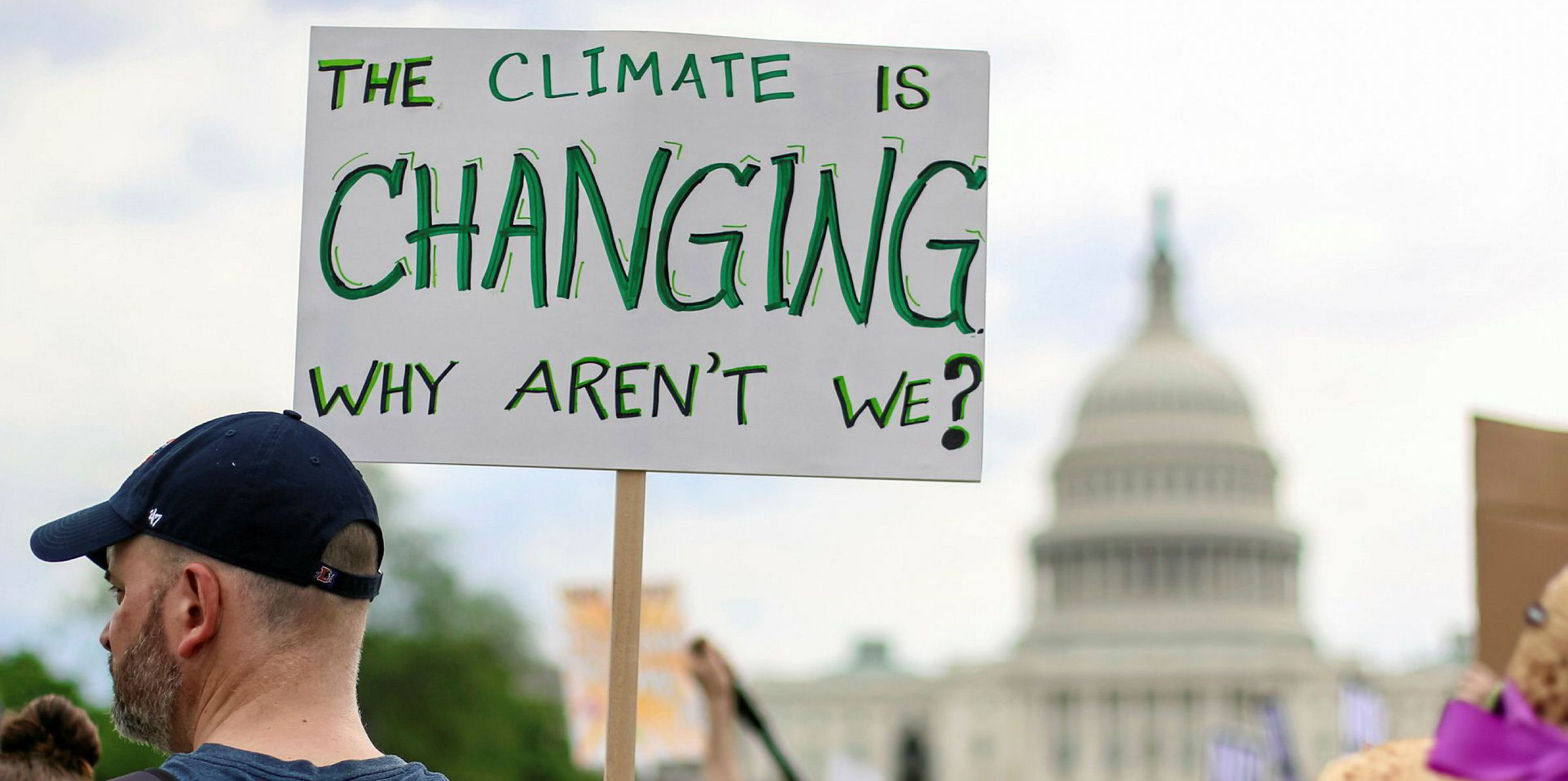Unless urgent action is taken to reduce greenhouse gas emissions, scientists predict catastrophic impacts to commercial, recreational, and subsistence fisheries, human health and global economies.
In an unprecedented statement released Tuesday, the American Fisheries Society (AFS) joined 110 aquatic scientific societies representing more than 80,000 scientists across the world to sound a climate change alarm. The group is calling for drastically curtailed global greenhouse gas emissions to avoid the worst impacts of man-made climate change to fish and aquatic ecosystems.
“Swift and resolute action by governments and by individuals to reduce emissions is essential to halt irreversible impacts to freshwater and marine ecosystems, fish, and fisheries from climate change," said American Fisheries Society President Scott Bonar.
Change happening already
According to the Food and Agriculture Organization (FAO) of the United Nations, fish accounts for 17 percent of animal protein consumed globally, fishing and aquaculture directly employ almost 60 million people, and global trade in fish products has reached $152 billion (€128 billion) per year, with 54 percent originating in developing countries.
Climate change is already altering marine and coastal ecosystems with significant implications for wild-capture fisheries and marine economies, the scientists said.
Projected increases in ocean temperature are expected to reduce the maximum catch potential in most areas in the United States.
Many harvested stocks will shift from one area to another, or even across international boundaries with implications for seafood supply, ports and associated businesses.
Among the changes impacting global fisheries are a loss of habitat from sea level rises and changes in ocean chemistry from increased carbon dioxide levels.
“Fisheries provide a valuable protein depended on by billions of people, especially those in developing countries. Climate change is putting that key protein source at risk. The current trajectory of greenhouse gas emissions requires urgent attention to ensure the future of global fisheries,” said Bronwyn Gillanders, president of the World Council of Fisheries Societies.


